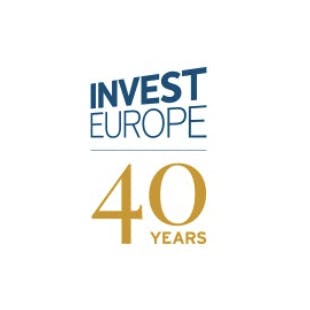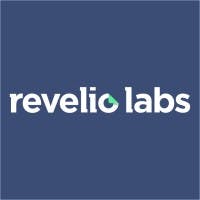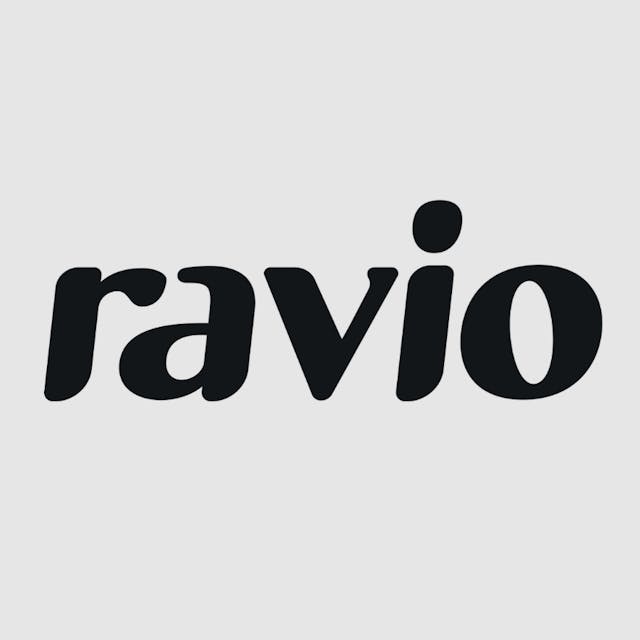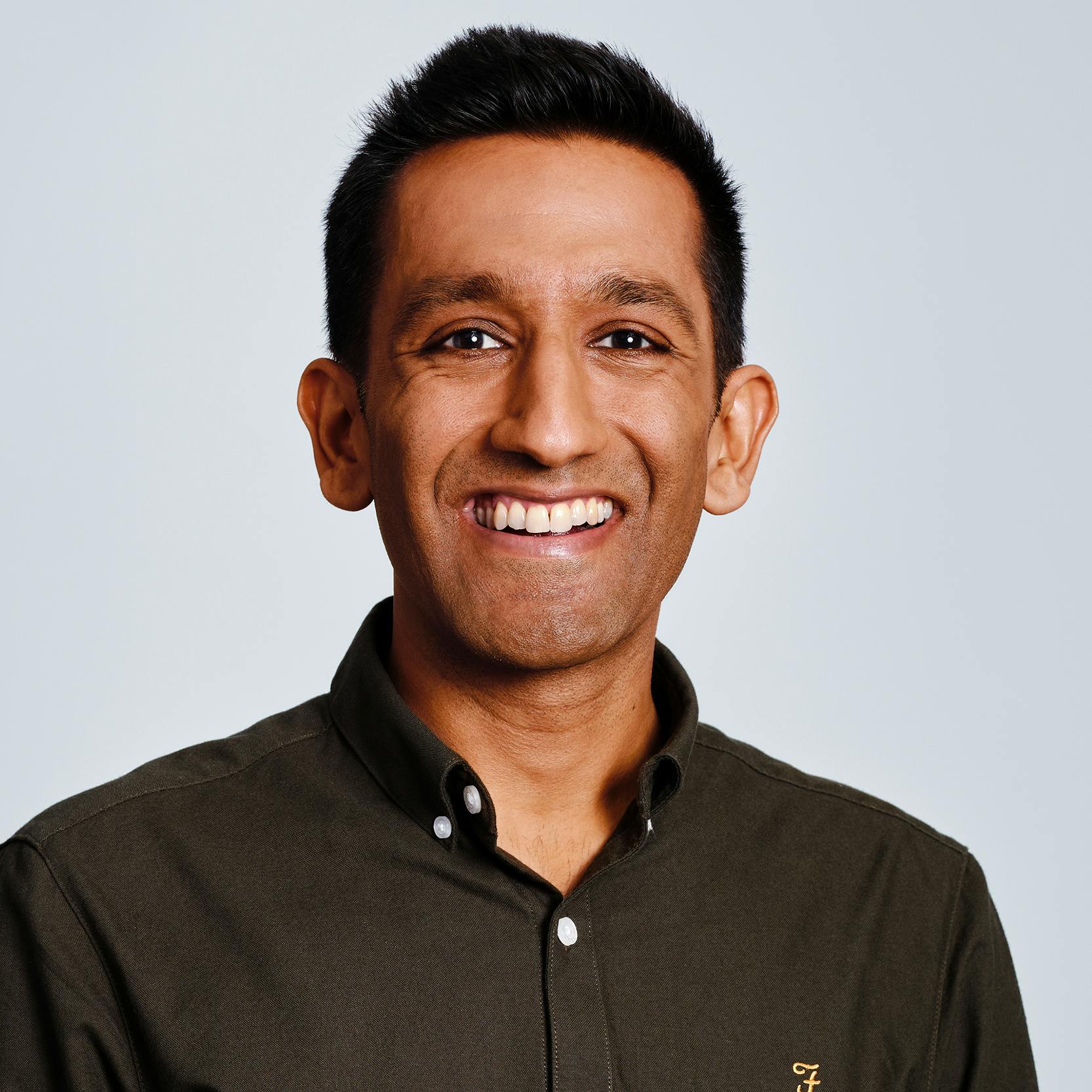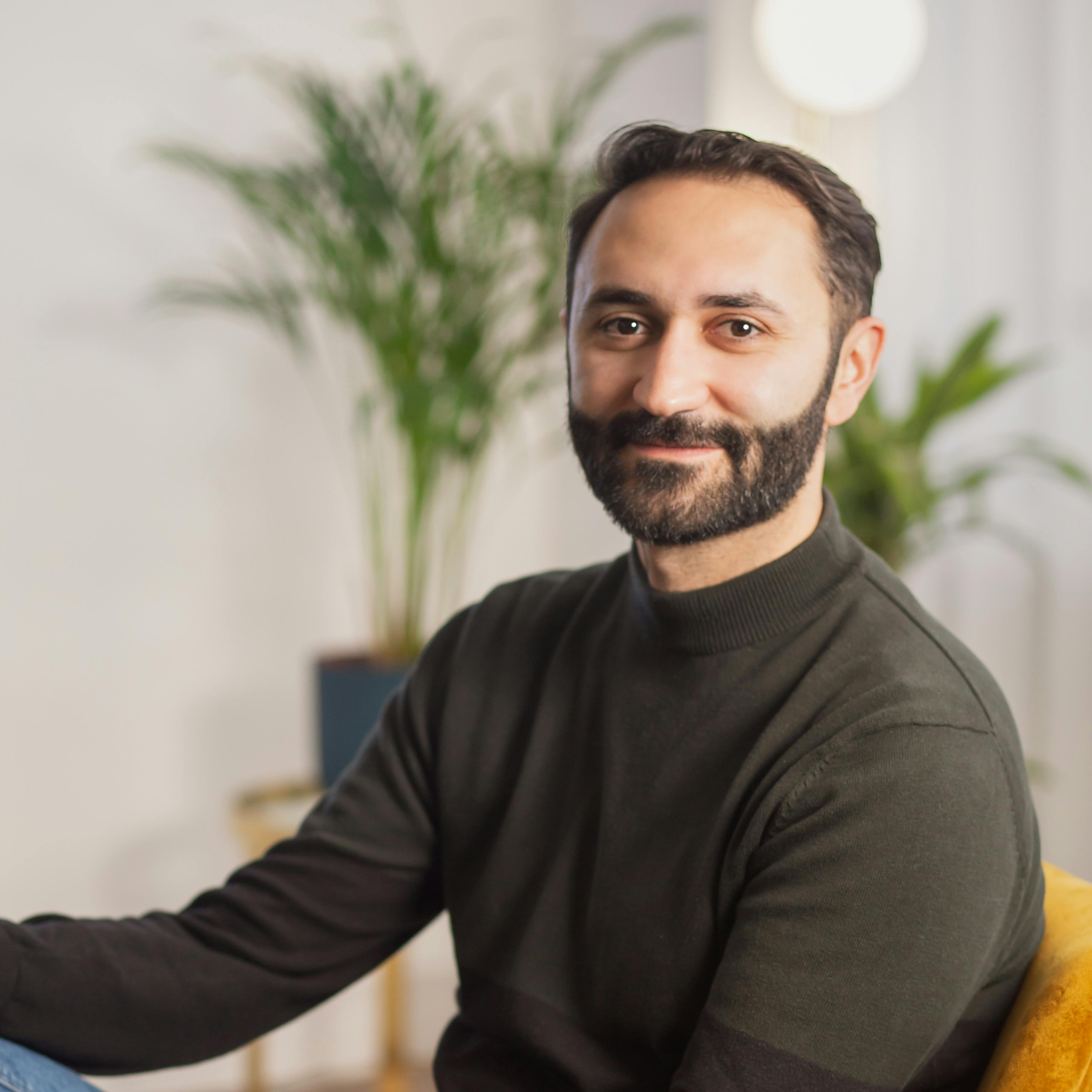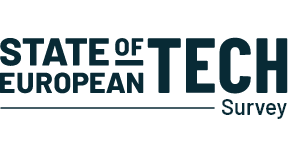| SDG | Description | Selected Dealroom's keywords |
|---|---|---|
| SDG 1: No Poverty | End poverty in all its forms everywhere | Extreme poverty, unbanked, disaster prevention, microlending |
| SDG 2: Zero Hunger | End hunger, achieve food security, and improved nutrition and promote sustainable agriculture | Food security, vertical farming, poor nutrition, permaculture |
| SDG 3: Good Health and Well-being | Ensure healthy lives and promote well-being for all at all ages | Prenatal care, road safety, telemedicine, contraception, antimicrobial resistance, elderly care |
| SDG 4: Quality Education | Ensure inclusive and equitable quality education and promote lifelong learning opportunities for all | Universal primary education, equal education, |
| SDG 5: Gender Equality | Achieve gender equality and empower all women and girls | AI measuring bias, reproductive rights, female health, non-binary |
| SDG 6: Clean Water and Sanitation | Ensure availability and sustainable management of water and sanitation for all | Safe water, wastewater treatment, water saving, desalination |
| SDG 7: Affordable and Clean Energy | Ensure access to affordable, reliable, sustainable and modern energy for all | Solar energy, wind energy, tidal power, hydrogen, off-grid |
| SDG 8: Decent work and economic growth | Promote sustained, inclusive and sustainable economic growth, full and productive employment and decent work for all | Gender pay gap, equal pay, inclusive employment, fair trade |
| SDG 9: Industry, Innovation and infrastructure | Build resilient infrastructure, promote inclusive and sustainable industrialisation and foster innovation | Sustainable industrialisation, universal access to technology, inclusive industrialisation |
| SDG 10: Reduced inequalities | Reduce inequality within and among countries | Safe migration, refugees integration, racial discrimination |
| SDG 11: Sustainable Cities and Communities | Make cities and human settlements inclusive, safe, resilient and sustainable | Air quality measurement, urban waste reduction, affordable housing |
| SDG 12: Responsible consumption and Production | Ensure sustainable consumption and production patterns | Food waste, sustainable fashion, circular, sustainable materials |
| SDG 13: Climate Action | Take urgent action to combat climate change and its impacts | Carbon capture, carbon offset, climate tech, alternative protein |
| SDG 14: Life below Water | Conserve and sustainably use the oceans, seas and marine resources for sustainable development | Marine conservation, seafood substitutes, overfishing, plastic pollution |
| SDG 15: Life on Land | Protect, restore and promote sustainable use of terrestrial ecosystems, sustainably manage forests, combat desertification, and halt and reverse land degradation and halt biodiversity loss | Forestry, biodiversity, wildfires |
| SDG 16: Peace, justice and strong institutions | Promote peaceful and inclusive societies for sustainable development, provide access to justice for all and build effective, accountable and inclusive institutions at all levels | Govtech, digital democracy, corruption prevention |
| SDG 17: Partnerships | Strengthen the means of implementation and revitalise the global partnership for sustainable development | SDG partnership, impact partnership |
And each year our partners make it possible. The data, insights, passion and deep expertise our partners bring make it possible to both build this report and make it the definitive take on European tech. From the vast amounts of data they deliver to the detailed analysis they collaborate with us on, a huge hats off to our amazing partners.
Dealroom is a global company information database & research firm. Its software, database and bespoke research enable its clients to stay at the forefront of innovation, discover promising companies and identify strategic opportunities. Among its clients are world-leading strategy consulting firms, investment banks, multinationals, technology firms, venture capital & buyout firms and governments. For more information, please visit: dealroom.co
Invest Europe is the association representing Europe’s private equity, venture capital and infrastructure sectors, as well as their investors. Invest Europe has over 650 members, split roughly equally between private equity, venture capital and limited partners – with some 110 associate members representing advisers to the ecosystem. Those members are based in 57 countries, including 42 in Europe, and manage 60% of the European private equity and venture capital industry’s EUR 1,004 billion of capital under management. Businesses with private capital investment employ 10.5 million people across Europe, 4.5% of the region’s workforce. Invest Europe aims to make a constructive contribution to policy affecting private capital investment in Europe and provides information to the public on Invest Europe members’ role in the economy. Invest Europe’s research provides the most authoritative source of data on trends and developments in the PE/VC industry. Invest Europe is a non-profit organisation with 27 employees in Brussels, Belgium. For more information please visit www.investeurope.eu
At S&P Global Market Intelligence, we understand the importance of accurate, deep, and insightful information. Our team of experts delivers unrivalled insights and leading data and technology solutions, partnering with customers to expand their perspective, operate with confidence, and make decisions with conviction.
S&P Global Market Intelligence is a division of S&P Global (NYSE: SPGI). We are the world’s foremost provider of credit ratings, benchmarks, analytics, and workflow solutions in the global capital, commodity, and automotive markets. With every one of our offerings, we help many of the world’s leading organizations navigate the economic landscape so they can plan for tomorrow, today.
PitchBook is a financial technology company that provides data on the capital markets to help professionals discover and execute opportunities with confidence and efficiency. We collect and analyze detailed data on the entire venture capital, private equity and M&A landscape—including public and private companies, investors, funds, investments, exits and people. Our data and analysis are available through our suite of products (the PitchBook Platform), industry news and in-depth reports.
Preqin, the Home of Alternatives™, empowers financial professionals who invest in or allocate to alternatives with essential data and insight to make confident decisions. It supports them throughout the entire investment lifecycle with critical information and leading analytics solutions. The company has pioneered rigorous methods of collecting private data for over 20 years, enabling more than 200,000 professionals globally to streamline how they raise capital, source deals and investments, understand performance, and stay informed.
Revelio Labs is a workforce intelligence company. Founded in 2018, Revelio Labs absorbs and standardizes hundreds of millions of public employment records to create the world’s first universal HR database. The company’s team of data scientists, economists, and engineers deliver valuable workforce analytics to customers including investors, corporate strategists, HR teams, and governments, empowering them to make actionable, data driven decisions.
Crunchbase is an AI-powered platform that helps over 75 million dealmakers discover and prioritize the right opportunities using best-in-class company data. To learn more, visit about.crunchbase.com and follow Crunchbase on LinkedIn and Twitter.
Ravio is on a mission to empower companies to build high performing teams and ensure they are paid fairly, with compensation intelligence designed specifically for high-growth technology companies. With Europe's largest real-time compensation dataset, companies like Delivery Hero, Personio, Alan, Vestiaire Collective, and WeTransfer use Ravio to attract, retain, and motivate world class talent.You can learn more at Ravio.com.

Leading technological innovation in many sectors, an ecosystem that now comprises many serial entrepreneurs and talented VCs that have seen multiple cycles, relatively low levels of competition and high levels of collaboration, the list goes on…
The more people see the struggles and successes of others like them, the more likely they are to start their own journey as entrepreneurs.

Learning from role models builds self-efficacy - the degree to which you back yourself to achieve something, which in turn increases your persistence. Once you have a role model, you gain not just inspiration but practical insights into the skills, behaviours and strategies it takes to succeed. This is the flywheel effect we're excited to see emerge in Europe. A Klarna, Unity or Supercell doesn’t just attract capital and talent to an ecosystem. It serves as a template for others who might now imagine building something of their own.

For this reason, the UK is a great place to start a business - 84% of research at our universities is either "world-leading" or "internationally excellent" and we also have one of the most mature start-up ecosystems globally which allows us to build on historical successes and failures.
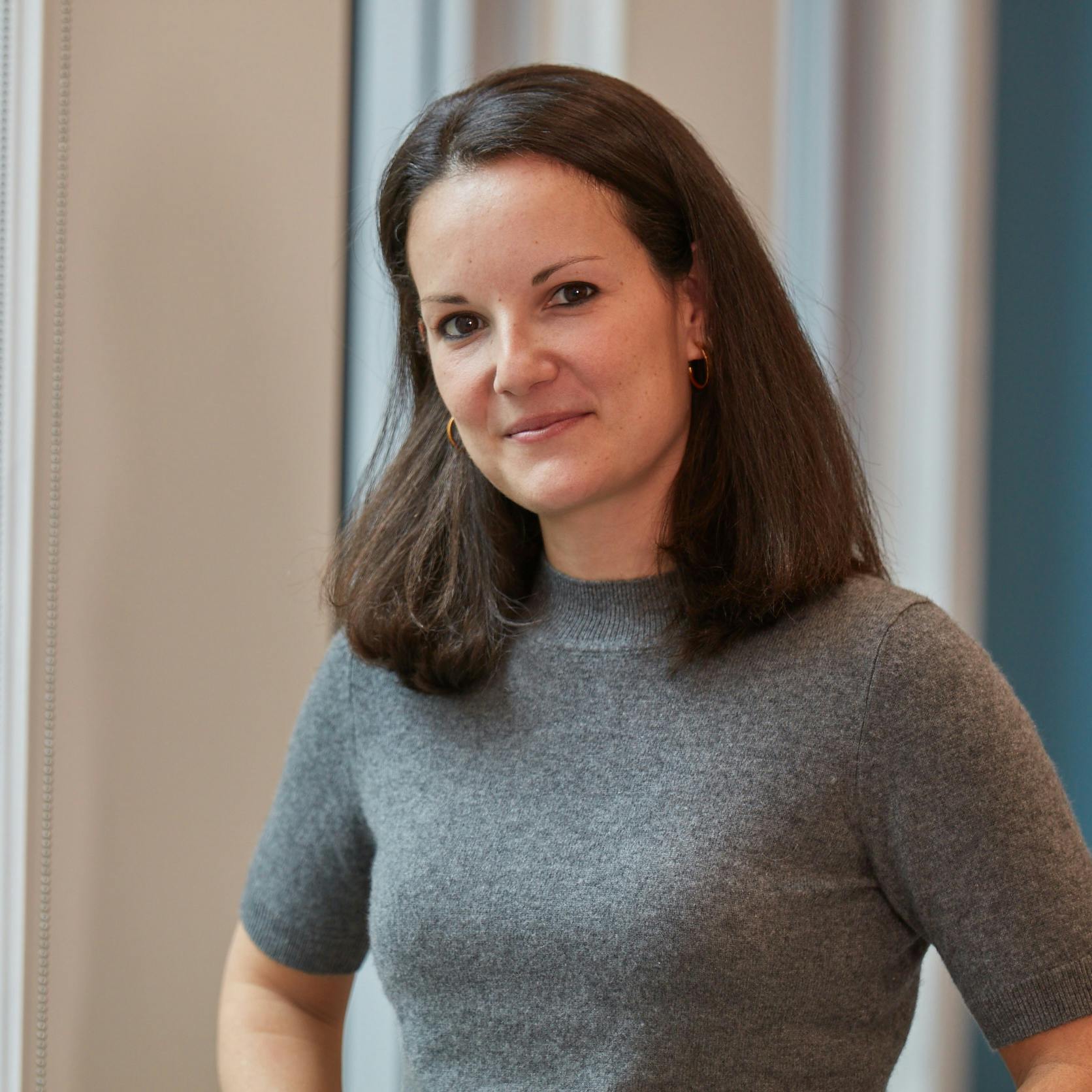
1). Experienced operational support e.g. larger networks of people to support management teams navigate the challenging times with clear areas of domain expertise. 2). More data & benchmarks that teams can leverage to target what best-in-class looks like - there are loads of these in the US from compensation to operational KPIs but this is not so transparent in Europe. 3). More sophisticated pools of capital investing either direct or into funds at growth stage, willing to commit to the asset class thru cycles.
Decision-makers must not forget the here and now. It’s tempting to focus on far-off challenges like artificial general intelligence, but there are real-world issues that demand their attention.

Next year, several of the world’s largest democracies will go to the polls. Policymakers must make sure AI’s potential impact here isn’t overlooked in pursuit of discussions on speculative risk.
Europe boasts a world-leading R&D landscape, which underpins much of our tech ecosystem. It’s hard to ignore the level of investment that tech companies receive through funding, grants and incentives for research projects.

This substantial and ongoing support has led to: more innovation and technological advancement, a larger pool of talent (and the creation of jobs) and, ultimately, economic growth. This is catalysed by cross-border collaboration, which is fundamental to Europe’s thriving tech start-up ecosystem.
In this unique moment in time, General Catalyst and La Famiglia are doubling down on Europe through radical collaboration.

By putting leading global resources to work with local boots on the ground we hope to fuel sustainable and technologically enabled growth. In backing truly visionary founders and activating the established industrial ecosystem to create groundbreaking companies we aim to help build towards European sovereignty and resilience.
As the founder of TestGorilla, I see the movement of talent across borders into the European tech scene as a testament to the power of skills-based hiring.

This global influx introduces a myriad of skills and perspectives that challenge the status quo and spark innovation. When you hire based on skills and abilities, you naturally create a diverse and robust talent pool, equipped to navigate the complexities of today's tech landscape. This diversity is not just beneficial; it's essential for fostering a culture of creativity and driving forward the technological prowess of Europe on the world stage. By focusing on what truly matters—skills, not just experience or education—European tech companies can harness the full potential of the global talent pool and remain competitive in an increasingly dynamic industry.

To nurture & scale the early stage climate ecosystem, Europe must elevate its ambition on policy and legislation, innovate on available capital stacks (from the existing valleys of death in startup funding to its growth capital) and make it much easier for startups to do business, across the continent.
What will set Europe apart is the awareness of what purpose technology and innovation serve in today’s context.

Looking around us and looking ahead, technology is our single biggest hope for solving the most binary societal challenges we face: climate, energy, preservation of natural resources, security, preventive and therapeutic healthcare to name a few. There is no technology vertical that exists in isolation any longer, each of them has to serve the purpose of a bigger meaning which is in the sustainability of our society. There is no other continent where this awareness is more prevalent than in Europe. It gives us huge opportunities, but also the obligation to lead. Rather than creating companies with meaningless paper value of one billion Euro or more, we will create a new dimension of unicorns in Europe: impact unicorns that will change the lives of 1 billion people. Future financial returns will directly derive from that and become a function of the difference a company will make to the sustainability of humankind.
In the tapestry of global technological advancement, Europe stands poised to weave a new narrative, one where the blend of talent, governance, and responsible innovation are the warp and weft of its flourishing tech ecosystem.

The adage ""America innovates, China replicates, and Europe legislates"" encapsulates a stereotype: that regulation stifles creativity and growth. Yet, humanity faces universal challenges—like climate change and the ethical use of AI —that compel us to work in unison, introspect on our values and define the framework for conscientious progress. Crafting a multilateral consensus on these issues is difficult, but this, after all, is what Europe has been successful at. In the tech industry, unified standards are celebrated for promoting inclusivity, enabling interoperability, and driving innovation. European leadership could be pivotal in creating frameworks that not only enhance human collaboration but also harness our greatest strength: the ability to tackle complex issues through diverse cognitive perspectives. Consider the possibility of Europe's penchant for consensus-building and the development of robust ESG frameworks igniting a new wave of innovation. The concept isn't so far-fetched—look to Formula 1, where teams perform extraordinary feats of engineering within the confines of strict regulations. Europe's commitment to collaborative regulation may well become the fabric of its technological ingenuity.
We are in the early days of a new innovation cycle which will be centred around data, analytics and AI/ML.

In addition, we are seeing a move from bits to atoms with themes like robotics and Industry 4.0 innovation on the rise. Within this backdrop, Europe’s key strength that could make it a tech superpower is the abundance of relevant talent that will power this new innovation cycle. Notwithstanding, many other stars will have to align for this talent to be able to thrive including continued shift in mindset, regulation, and capital markets.
AI has the potential to be one of the most powerful technologies ever created, but only if we take an inclusive approach to building it.

Europe is uniquely positioned to bring to the table diverse voices and experiences from across academia, civil society, and the tech industry to engage in meaningful debate on how we develop and deploy AI in a way that benefits everyone.
Europe’s commitment to technological sovereignty could be its key strength in becoming a tech superpower.
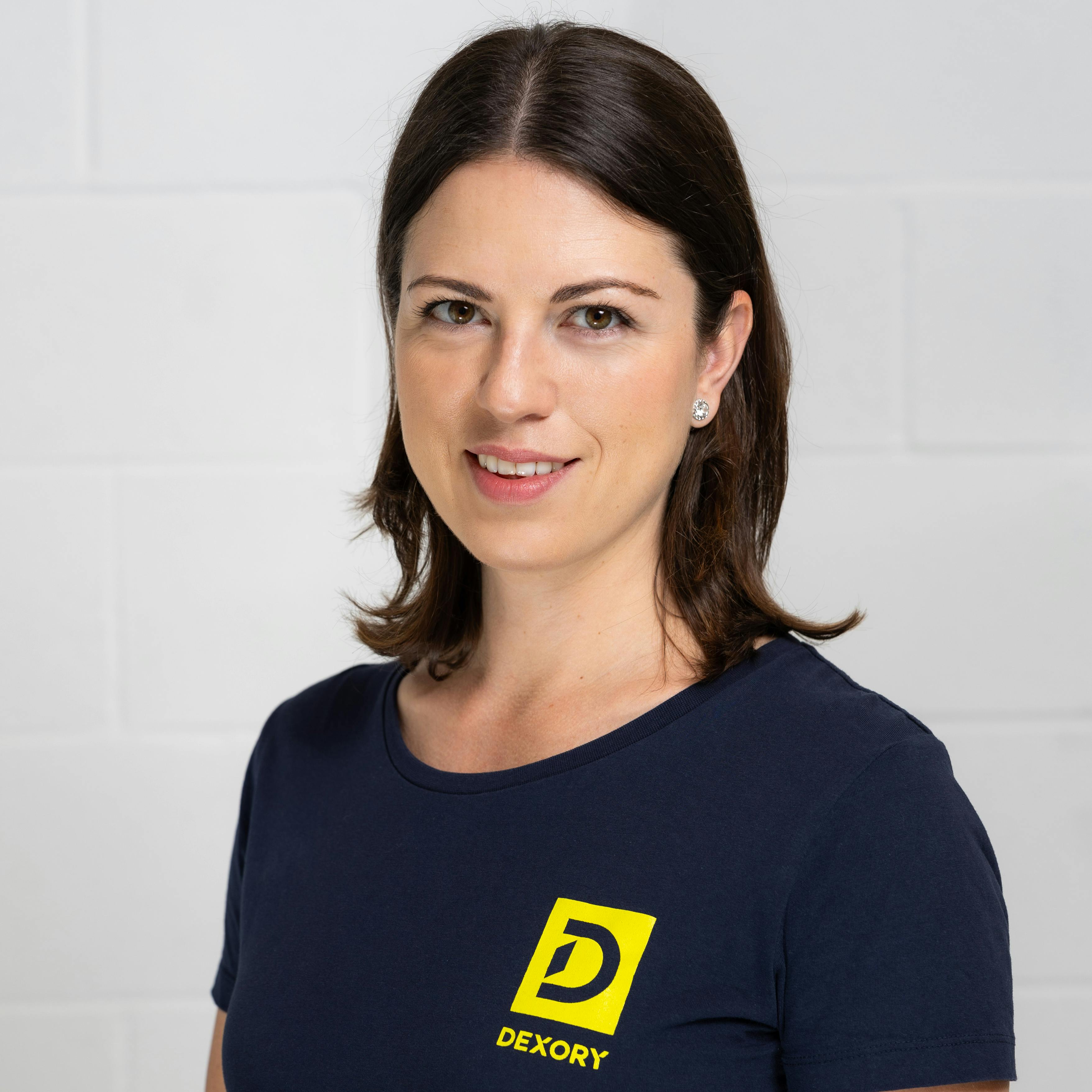
This emerging framework for policy strategy ensures tech incumbents are promoted and enabled for growth. There are probably three main ways in which this strength manifests in the benefit of tech startups and innovators: access to significant public funding with minimal risk (i.e. Horizon 2020 and now the EIC Open Calls), a favourable regulatory context (i.e. clear process to self-certification for most hardware products) and ultimately, the global expansion potential with direct connections into all other major geographies.
I believe our strong focus on advanced research—as well as our commitment to security—will take European businesses far within the tech ecosystem.

There are so many talented researchers and engineers in Europe who are propelling innovation forward, particularly in the AI space, and foresee a world made better through tech—while not compromising the safety and security of users.
The single greatest advantage any company can achieve is organisational health. The healthier an organisation is, the more of its collective intelligence it is able to tap into and use.

Most organisations exploit only a fraction of the knowledge, experience, and intellectual capital that is available to them; the healthy ones tap into almost all of it. Most organisations spend too much time and energy worrying about specific issues - compensation trends, remote working - and too little time worrying about building a solid foundation of organisational health. Great organisations focus on building and strengthening their organisational health, through practical and symbolic steps, day-in and day-out, developing a deep and uncommon sense of trust between and within teams, alleviating the need for reactive firefighting of issues and trends. Organisational health trumps everything else.
I am more optimistic about European tech but my optimism actually has little to do with recent public market ups and downs.

I believe that the tech world is flattening with the continued development of talent pools around the world (including of course across Europe), reduced friction to global distribution of technology products (via cloud & mobile platforms) and greater ambition and aspirations of European entrepreneurs. It’s an exciting time to be starting and investing in new technology companies in Europe regardless of what the stock market did yesterday!
Increased accessibility to information has inspired many over the last decade to embark on ‘starting up’. Empowered by a culture of experience sharing, entrepreneurial awakenings are happening all over.

This information evolution has contributed to a burgeoning diversity in seed-stage excellence. The transformative impact of COVID-19 has underscored a need for adaptability. Combined with a post George Floyd era, a paradigm shift has begun to take place. Under representation was collectively challenged, allowing for a greater endorsement of black talent in entrepreneurship, an increased focus on female representation within founding teams and a wider acknowledgment that diverse teams out perform their non diverse counterparts. Diversification within teams allows for greater capacity to adapt. However to sustain and build upon this trajectory, continued targeted efforts must be made to further dismantle systemic biases and promote inclusivity. The entrepreneurial ecosystem’s commitment to widening the funnel isn't just an ethical imperative but a strategic advantage for the entire startup landscape.
While funding levels have been stabilising over the past five quarters, increasing the domestic and regional supply of growth capital to fuel the next-generation of leaders from Europe continues to be a priority.

There is a distance to travel, but the steps being taken to encourage the flow of institutional capital from European pensions funds and other asset managers will increase the depth of capital for entrepreneurs, add to the resilience of the funding markets and enable more value to be retained in Europe from our significant talent, creative, and science base.

Each year we produce fantastic, highly skilled talent, meaning that European tech companies can pick and choose from some of the brightest minds in the world. Where this makes a real difference is when it’s paired with ‘on the job’ experience gained in the increasing number of companies that have successfully scaled across the continent. It’s a perfect combination of knowledge, ambition and skills that is accelerating the European tech flywheel, getting us closer and closer to being the next tech superpower.
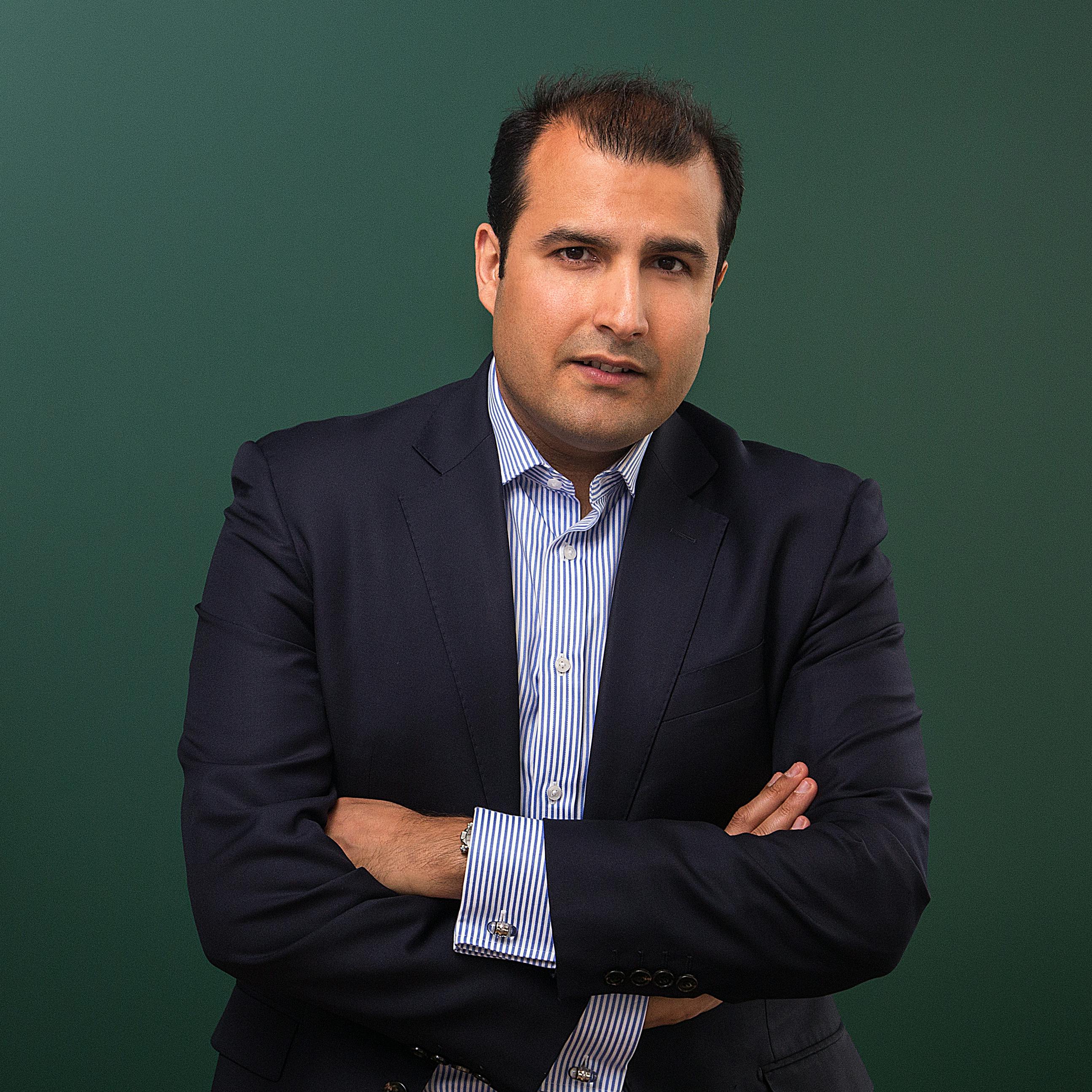
But, the attractiveness of Europe for tech startups and tech innovation has come under the microscope in recent months. And this is because we’ve reached a supposed turning point in which growth can only be achieved if we a) secure the right level of investment and b) involve and engage with the right talent and c) ensure that digital regulation is designed in such a way that it continues to allow companies to innovate and reach incredibly technological breakthroughs. The first is simple. Firstly, to secure the right level of investment to thrive, it’s about making strategic bets in the right places. If you have a technology product, make sure it works. Get proof of its value. This is critical to securing future investment. The latter is more complicated. But it’s linked to the second. We already have some of the best tech talent out there. And we’re set up with excellent universities (including some of the top technical ones) and research and development facilities to support us in this learning and advancing in the space. The long-term success of Europe in becoming the next tech superpower lies in our governments' willingness to ensure that the businesses at the cutting edge of this technology innovation, are involved in ongoing conversations around how to regulate against technology. We need to see incentive schemes put in place to encourage VCs to invest in European businesses. And, we need to ensure we’re doing so safely, whilst not stifling growth.
Europe’s strength in becoming the next superpower is the push towards a digital single market which enhances cross-border collaboration and economic unity.

That is the key to creating a resilient and interconnected European tech ecosystem. We have seen over the years how both investors and operators are relocating to Europe attracted by its diversity, innovation, and regulatory sophistication. This has created the perfect ingredients for Europe’s potential as the next global tech superpower.
We're in the midst of a generational shift in healthcare, where technology and AI are set to dramatically change the way we practise medicine.

In the past, European founders have often sold their companies to the big US and Chinese tech companies, a trend that has unfortunately led to Europe's diminishing influence and dominance in shaping the global digital landscape. Today, regulation has become Europe's primary means of asserting its digital influence. However, for Europe to have a real voice in the future of healthcare, we need companies that are not merely participants but are proactively shaping this new era.
We have a remarkably diverse talent pool. Europe’s rich diversity of cultures and backgrounds has created a vibrant and dynamic ecosystem.
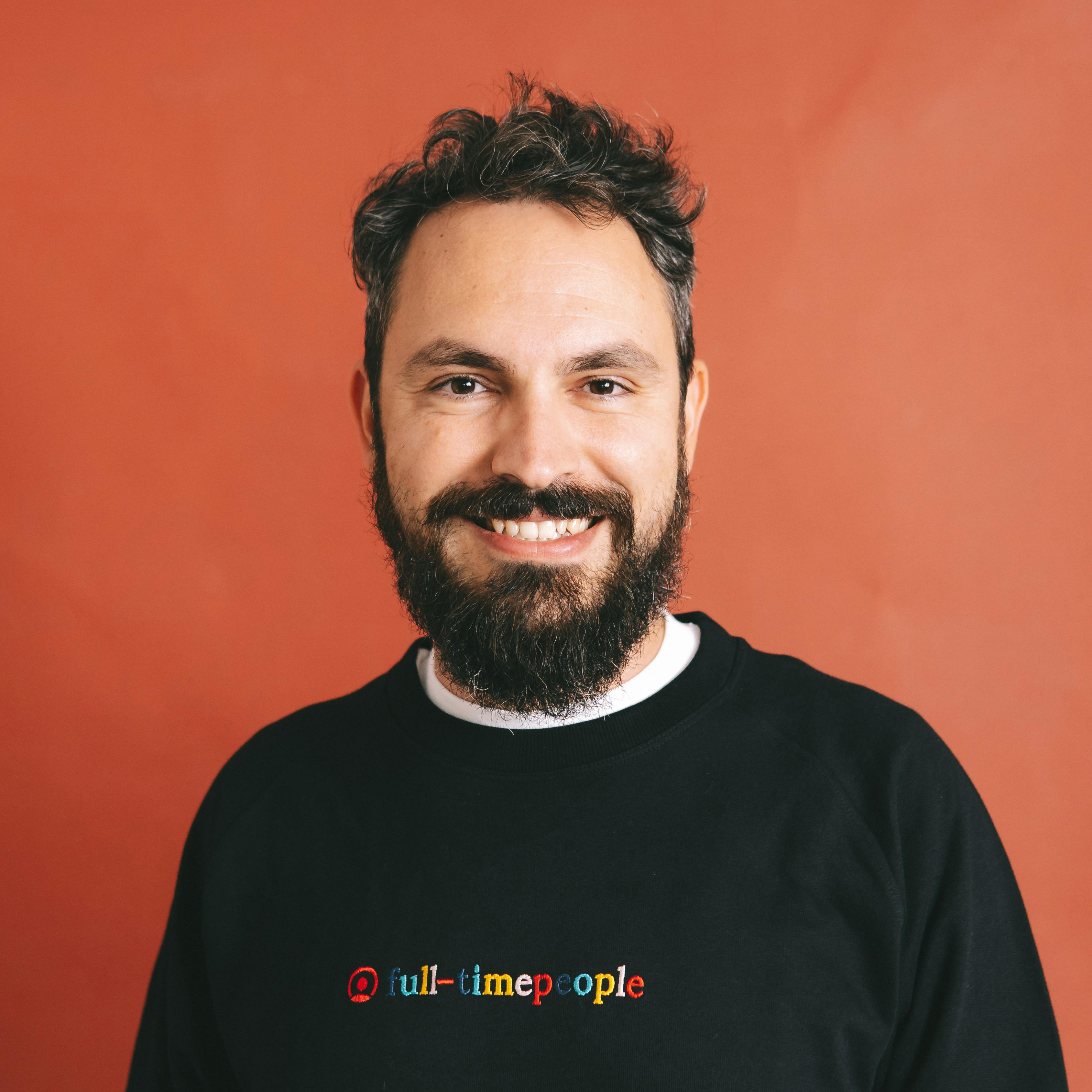
Also, the legacy of talent coming from companies that have managed to have an impact globally over the last few years is creating great network effects, which is playing a multiplying role in the European tech ecosystem. The improvement in the volume, and quality, of capital for tech companies in Europe is having a huge impact, and has opened the possibility to build global companies from Europe end to end.
Let’s start believing in ourselves. Europe possesses talent, innovation, and a legacy of groundbreaking innovations such as the World Wide Web and Linux.

We must foster a culture that believes in the power of ideas and capabilities, promoting risk-taking and entrepreneurship. This confidence is not just about individual success—it's about cultivating a collective belief that Europe has the talent, creativity, and resilience to lead in the global tech arena. By instilling this confidence in ourselves, we will make investments, foster innovation, and create an environment where tech pioneers flourish. It's not just about competing; it's about embracing our unique strengths with confidence, paving the way for Europe to emerge as the next tech superpower.
Europe is now home to a rich talent pool of skilled engineers, scientists and researchers, and recent collaborations between academia and industry have led to groundbreaking advancements in various tech sectors, especially climate tech and AI.

Hubs like the UK’s Silicon Fen and Silicon Allee in Germany are gaining international recognition, serving as magnets for innovators from all over the world. Continuing to foster international partnerships will consolidate Europe’s position, building on its strengths in innovation and talent.
We have just as much enthusiasm now — if not more — as nearly a decade ago when we first opened the doors to our London office.

Europe has some of the leading technical universities in the world and equitable access to postgraduate education. Especially in and around AI, we're seeing increased company formation and technical team talent from these universities. Many of the first-generation successful startups in Europe from the last decade have spawned new hubs of early-staged founders and builders. Moreover, the rise of remote work has distributed talent and opportunity to new geographies, spurring new hotbeds of innovation across the EU. The confluence of these forces has created an environment of sustained and rational optimism, and we're excited to continue supporting Europe's thriving tech ecosystem at the earliest stages of company formation.
Tech talent is building from everywhere, but the humanist values behind European tech are what will differentiate us from the US or China.
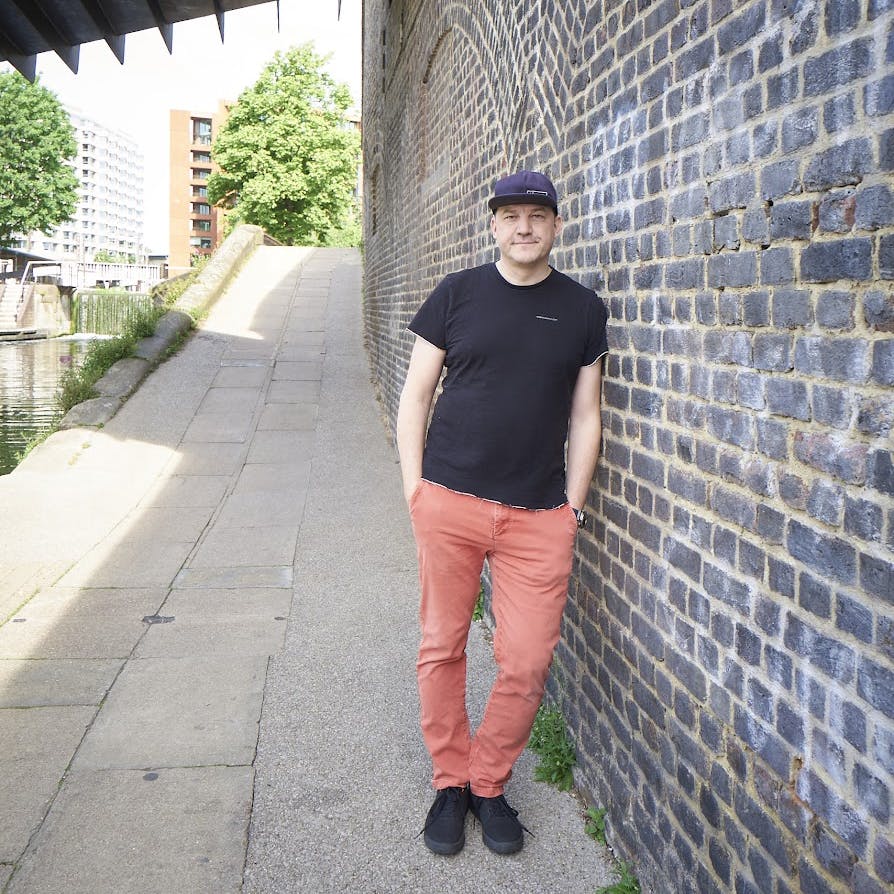
From AI to web3 to cybersecurity, to frontiers of materials development or synthetic biology, the world needs tech that puts individual rights and social checks and balances at the center.
Europe is a prime source of talent. This is due to the high level of education among the candidates and their entrepreneurial spirit.

Educational programs across Europe encourage students to gain work experience through internships, apprenticeships, studies abroad, and entrepreneurship programs. These extracurricular activities prepare the students to be open-minded, embrace diversity, and create their own paths with support from institutions. The Schengen Agreement allows companies to search for the best talent across borders, without any restrictions.
I believe that Europe is at the forefront of addressing some of the most pressing global issues where technology is set to play a pivotal role in the coming years. Europe's global prominence arises from its progressive stance on climate change and advanced healthcare systems, offering leadership opportunities in Climate Tech and Health Tech.
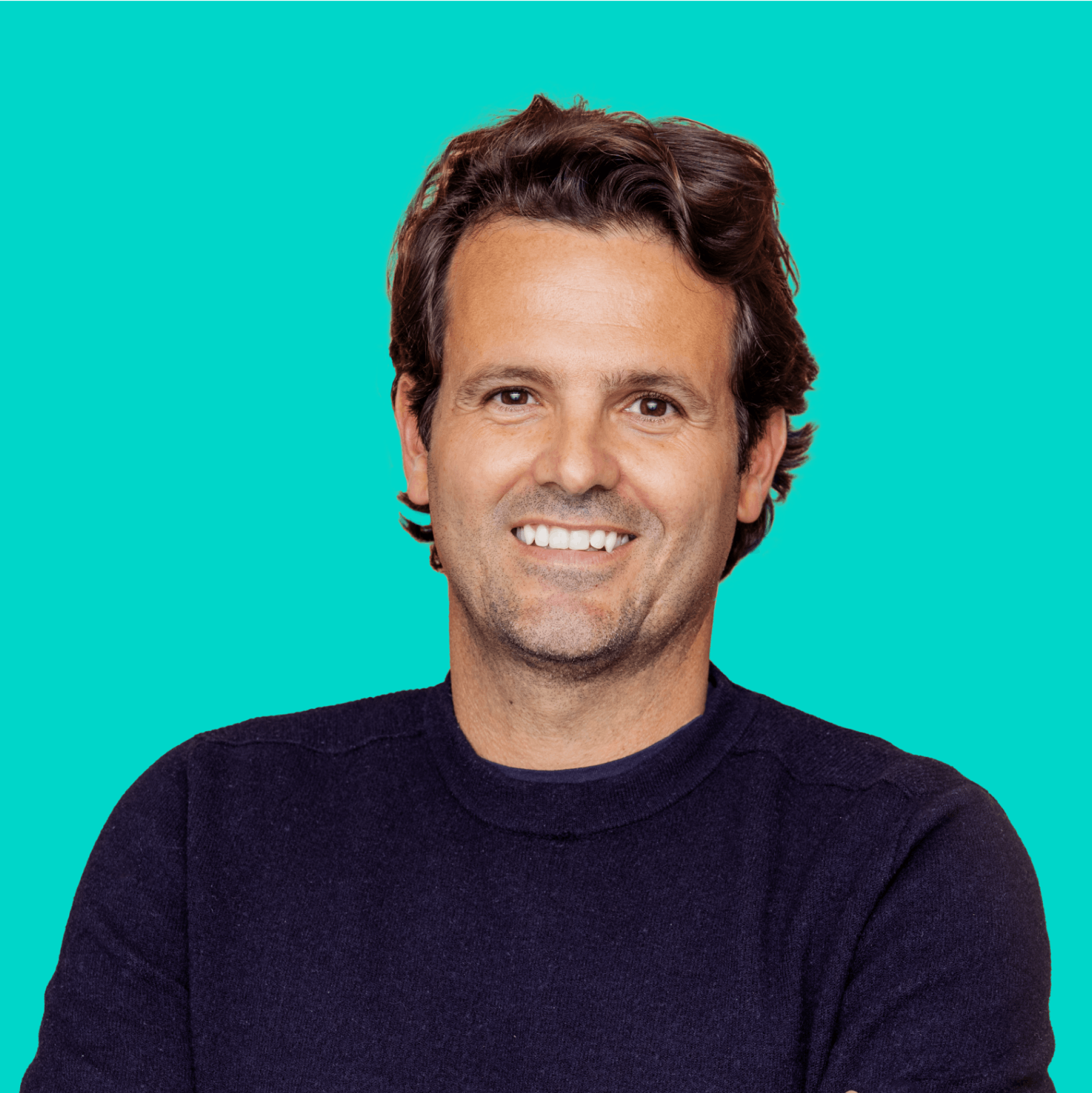
In Climate Tech, Europe leads in addressing climate change. Commitment to reducing emissions and sustainability has fostered innovation in clean energy, carbon capture, sustainable transport, and environmental tech. Europe has become a frontrunner, generating 38% of its electricity from renewables in 2020, surpassing coal. The Emissions Trading System (ETS), the world's largest carbon market, has significantly reduced emissions, with clean energy investments exceeding $150 billion in 2020. Europe's proactive approach is evident in electric vehicle (EV) sales, outpacing other regions, particularly in countries like Norway. In Health Tech, Europe's advanced healthcare systems and commitment to innovation underpin its leadership. High adoption of electronic health records, with Denmark at a remarkable 99% in 2019, reflects the region's tech-savvy healthcare. European companies excelled in Healthcare AI, with a market value of over $3 billion in 2020. Initiatives like the 100,000 Genomes Project in the UK highlight Europe's prowess in Personalized Medicine, customizing treatments based on genetic profiles. These advancements enhance healthcare delivery, diagnostics, and patient outcomes, positioning Europe as a key player in Health Tech innovation.
Each year we are overwhelmed by the passion and commitment of European tech ecosystem members and the community this report brings together. We would like to say a particular thanks to our SOET Champions, whose expertise, collaboration and support have been invaluable, and made this year’s State of European Tech possible.
An enormous thank you to those who have been on this year’s State of European Tech journey with us from start to finish: our amazing team of content creators, website builders, editors, thought partners and data crunchers.

MediaWorks

Suzannah Leigh Design Ltd.

Kelly Vision Presentations
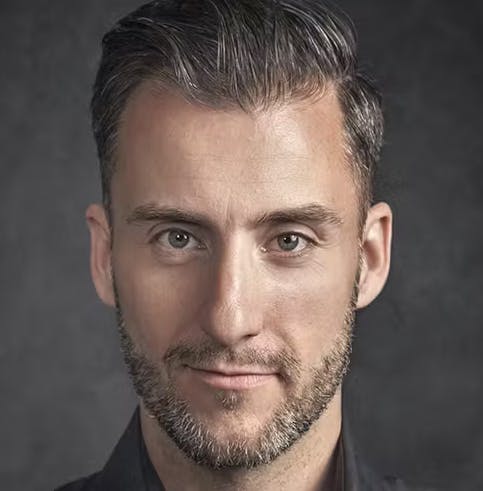
DPDK
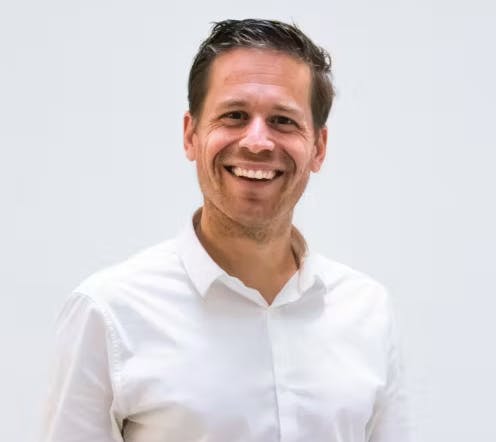
DPDK

DPDK

DPDK

DPDK

DPDK

DPDK

DPDK

DPDK

DPDK

DPDK

DPDK
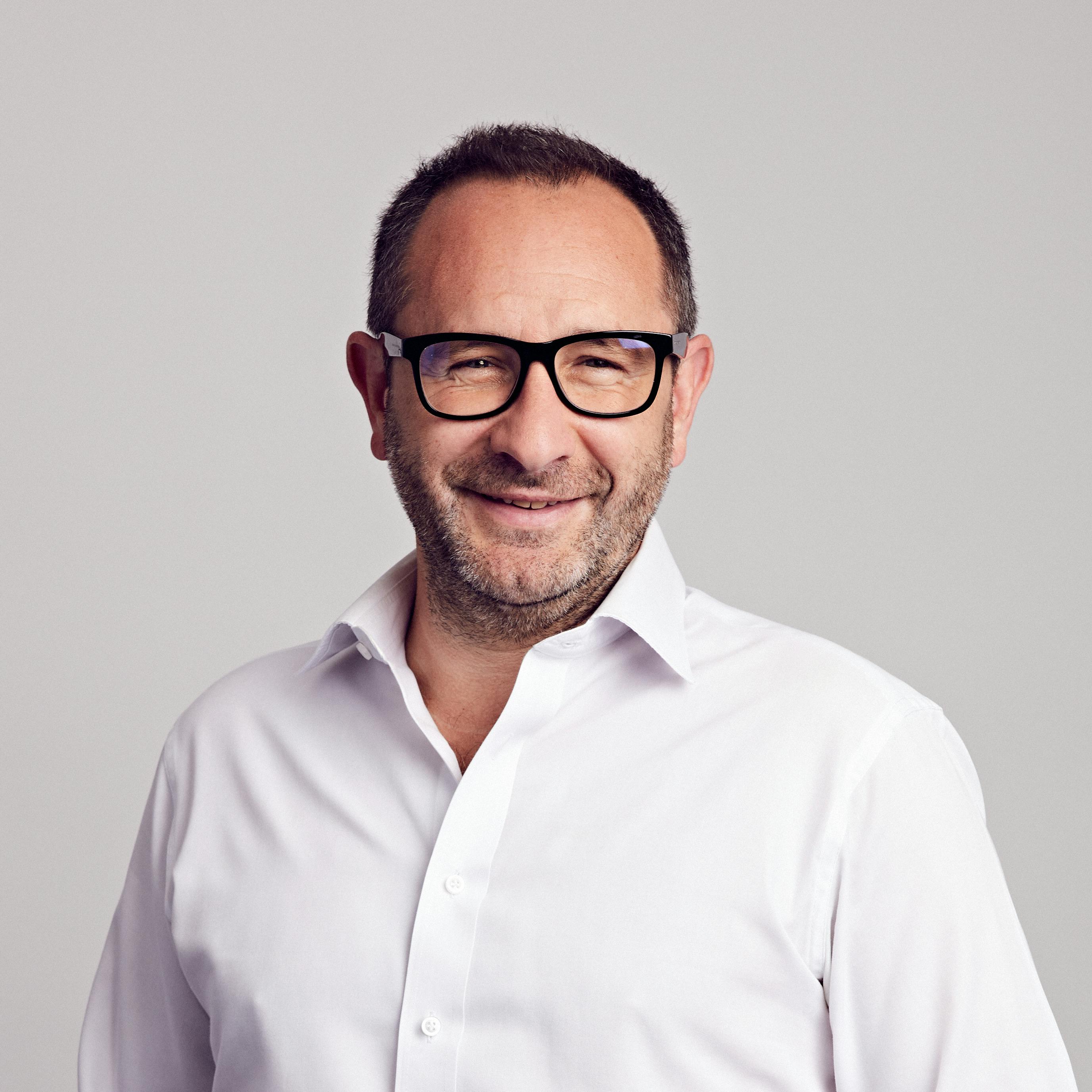
Milltown Partners

Milltown Partners
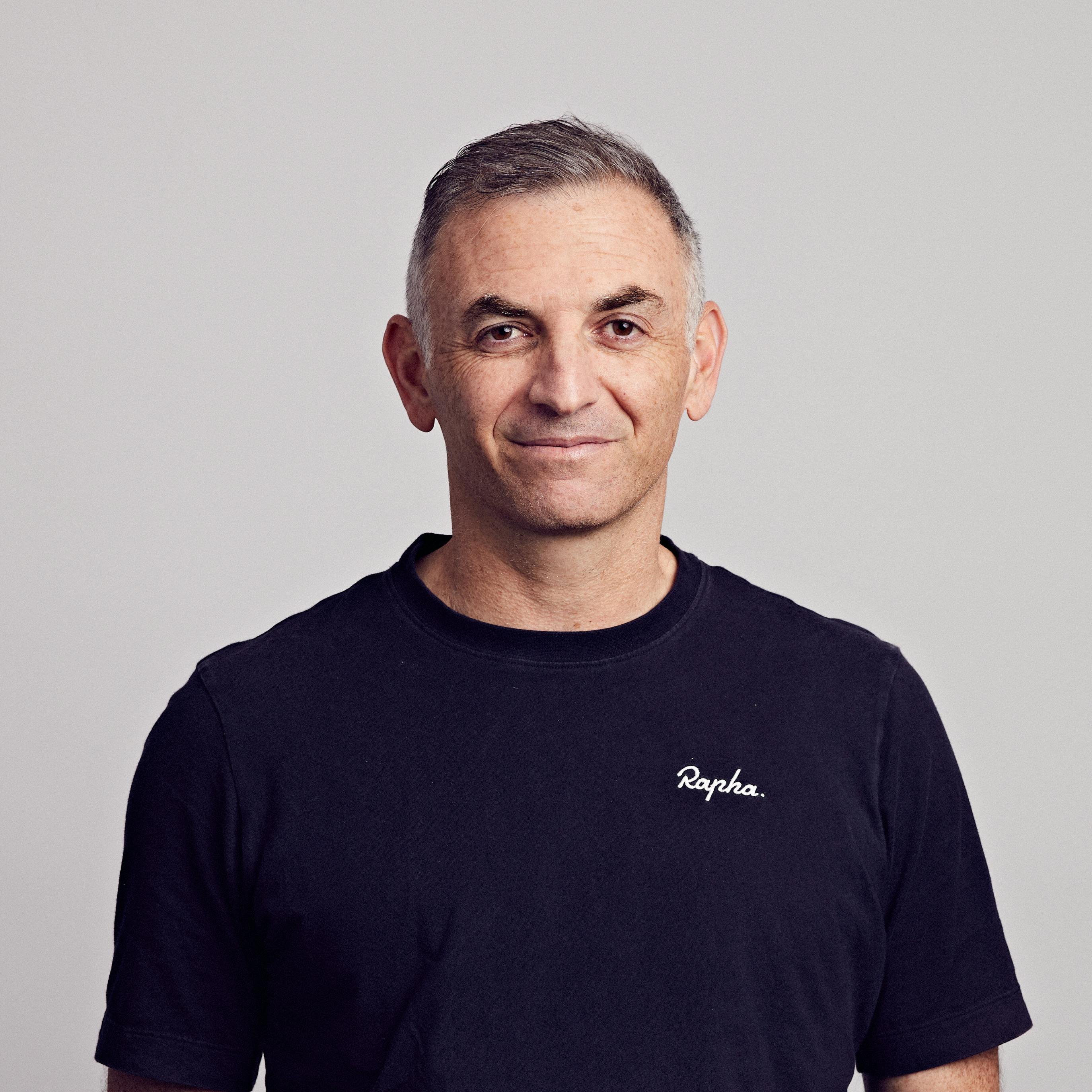
Milltown Partners

Milltown Partners

Milltown Partners

Dealroom

Dealroom

Dealroom

Dealroom

Dealroom

Orrick
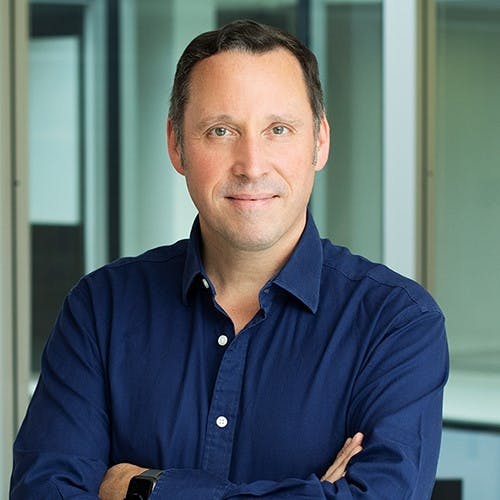
Orrick

HSBC Innovation Banking

HSBC Innovation Banking

Slush
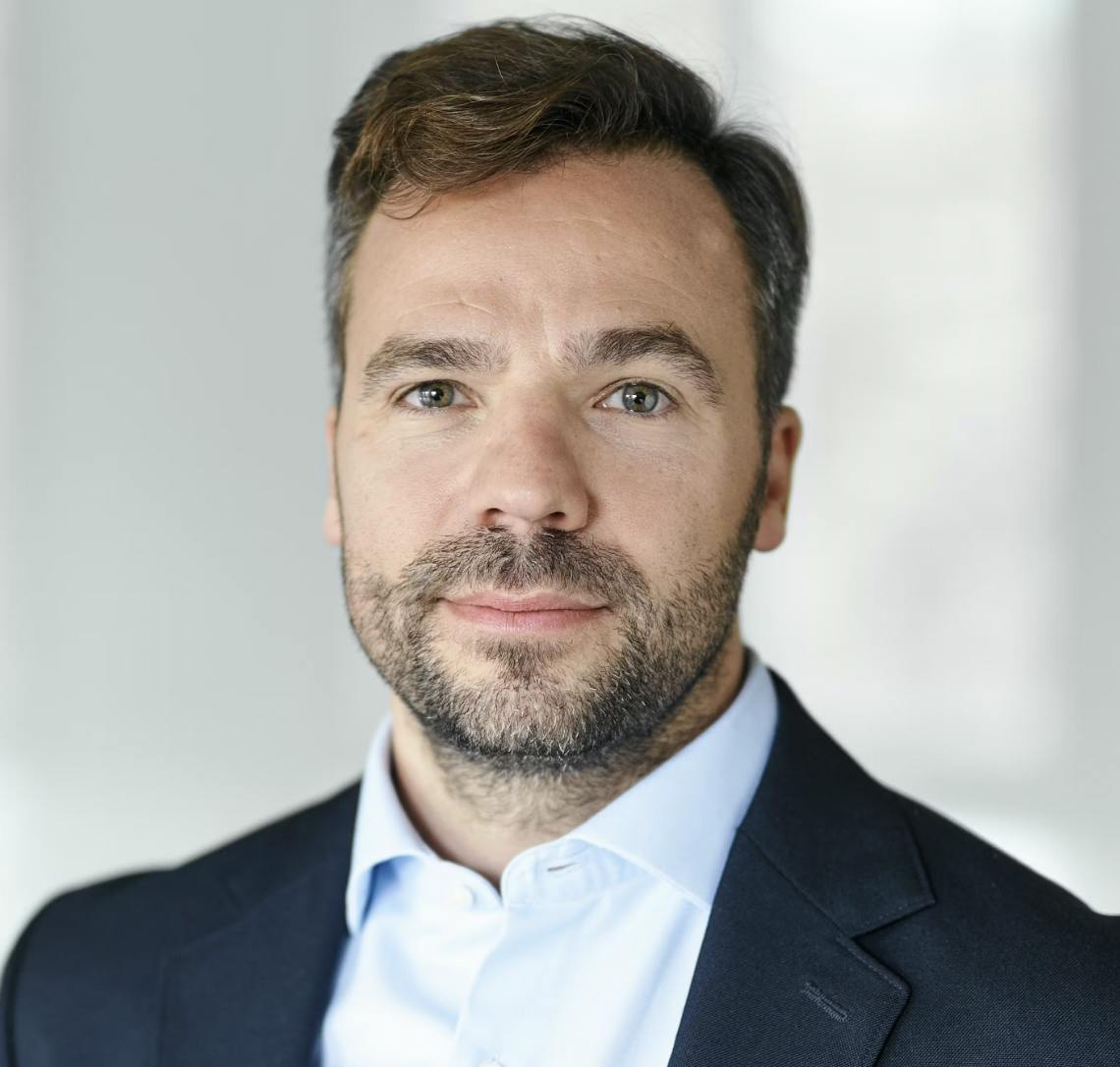
Invest Europe

Invest Europe

Pitchbook

S&P Global Market Intelligence
We would also like to give a special thanks to our Atomico colleagues, whose expertise, insight and guidance throughout the making of this year’s State of European Tech has been invaluable.
Finally, to the SoET champions who helped us share the survey far and wide. We had a record number of survey participants this year: thank you for helping us reach founders, investors, policymakers, tech employees and others to truly measure the sentiment of the industry.
The State of European Tech universe has followed a consistent methodology across the years in order to ensure consistency and highest data integrity.
The key criteria we follow include:
Geography: As one might guess from the name, the report does focus on European tech only. Our defined universe of Europe focuses on continental Europe and excludes Russia, Turkey and Israel.
Sector. The State of European Tech universe is, to little surprise, narrowed down to tech companies only. We leverage a proprietary large language model that is trained to recognise companies that might otherwise slip through the radar such as consultancies, VC firms or traditional industries with an online presence. Notably, the report also excludes life sciences including pharmaceuticals, biotech and drug discovery.
Funding type. In our capital invested figures, we only include VC capital. Hence, any convertibles, Private Equity funding and exit related rounds such as M&A and IPOs are excluded from our aggregated funding figures.
In collaboration with Dealroom, this report has developed a methodology to measure entrepreneurial activity and capital invested in purpose-driven tech companies across Europe. This is based on a simple framework aligned with the United Nations Sustainable Development Goals ('SDGs') extending across all 17 SDGs. For each of the individual SDGs, Dealroom's team has manually assigned keywords to tag companies on its platform with relevant categories. Each company is then individually reviewed and assigned to either 'core' or 'side' depending on the business model alignment with the SDGs, in other words whether it is core to a company's business model, or simply a peripheral or indirect aspect of the business model. As always, we understand the methodology has limitations and welcome feedback both in terms of scope and methodology for future iterations. The dataset and methodology are accessible on the 'Impact & Innovation' section of their website.
Overview of SDGs included in analysis and mapping to keywords on Dealroom platform
To keep things simple, we've used consistent terminology and acronyms throughout this report to refer to the ecosystem players. See definitions below.
Founders and tech employees respondents definitions
| Respondent type | Report taxonomy | Definition |
|---|---|---|
| Founder / co-founder | First-time founder | Self-reported first-time founder |
| Founder / co-founder | Repeat founder | Self-reported repeat founder with limited experience in scaling own company (e.g. did not scale customer base, did not scale team, or did not exit) |
| Founder / co-founder | Experienced repeat founder | Self-reported repeat founder with significant previous experience in scaling own company (e.g. built a large customer base, scaled team, or achieved an exit) |
| Executive | C-level | C-level executive at a tech startup or scaleup |
| Executive | Department head | Department head at a tech startup or scaleup (e.g. head of product, people, sales etc…) |
| Employee | Tech employee | Employee at a tech startup or scaleup |
| Employee | Non-tech employee | Employee / manager outside the tech sector |
| Investor | VCs | Venture capital investor |
| Investor | Angels | Angel investor |
| Investor | LPs | Limited partners investing in Private Equity & Venture Capital funds with a focus on tech |
The vast majority of our respondents identify themselves as White. The largest minorities in our respondent set identify themselves as Asian.






